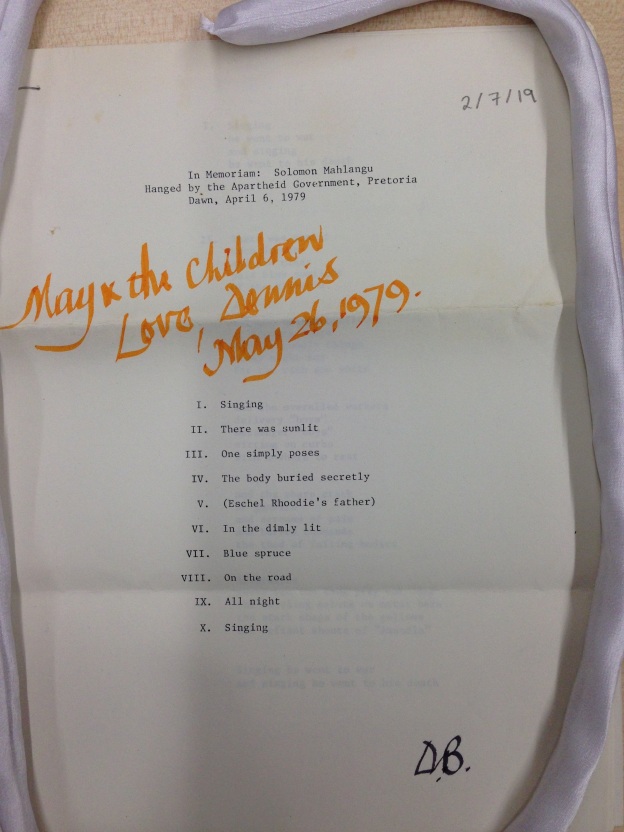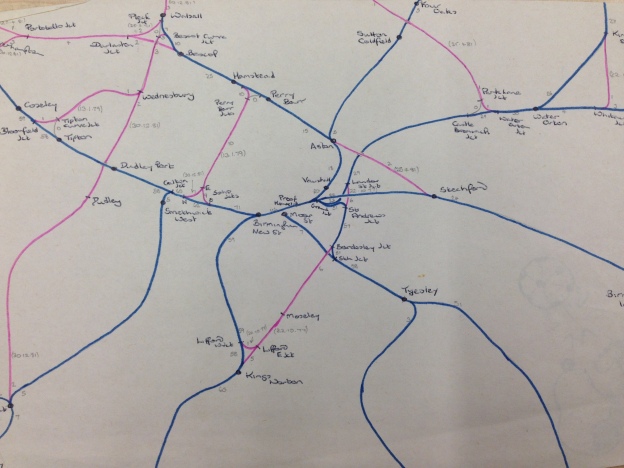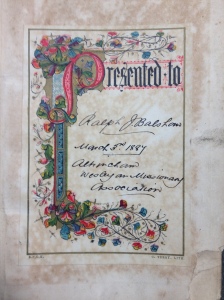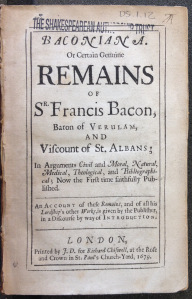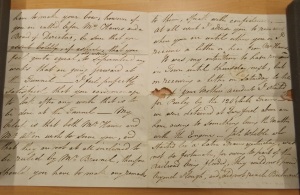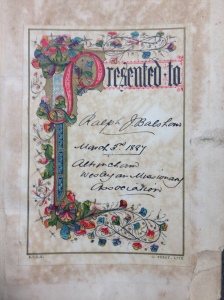You’ve chosen your dissertation topic because it’s something you’re really interested in – now it’s time to delve into the sources held within Brunel’s special collections to take your research to the next level!
Recent topics that students have researched using our Special Collections include:
- Politics under Churchill and Attlee
- London during the First World War
- Communists during the 1920s and 1930s
- Clothing of the poor
- Literary cultures of Victorian railway workers
- Perceptions of fascism in the inter-war period
- Motherhood and bereavement in the First World War
- Feminism under Thatcher
- Presentation of women in the media
- Colonial and post-colonial writers at the BBC
Find out about our collections
Special Collections is home to a huge array of material that can support your research. You can find out more by consulting our:
- A-Z list of collections
- History or English subject guides
- Topic guides: First World War, Second World War and Women’s History
Using Special Collections
Our collections are kept in closed access so you will need to make an appointment in order to come and see them. If you haven’t used Special Collections or archival material before we have a guide on our blog.
Dissertation drop ins
You can drop into these sessions at any time to find out more about using Special Collections in your dissertation. These sessions will be held in BANN 328 (access via main stairs/lift).
Monday 21 January 2 -5 pm
Tuesday 22 January 2 -5pm
Wednesday 23 January 2 -5 pm

